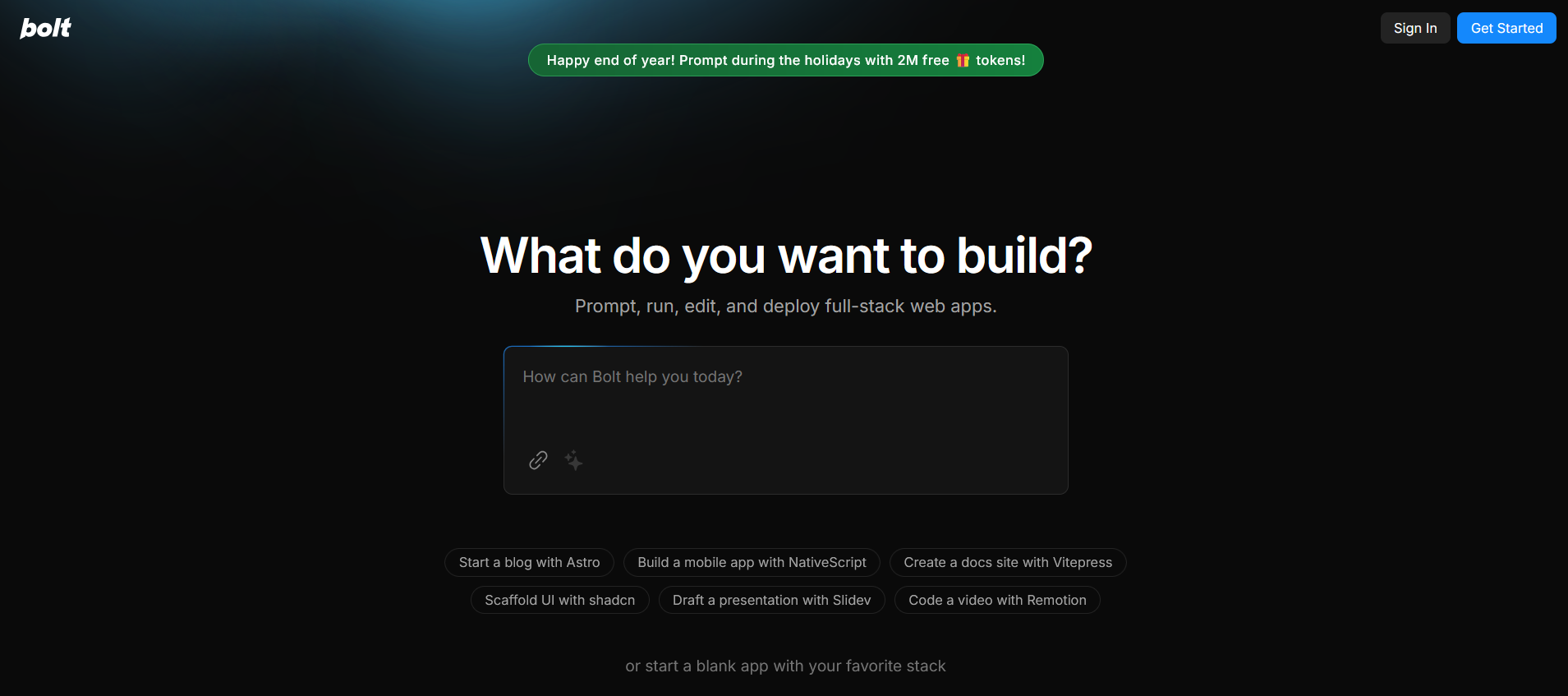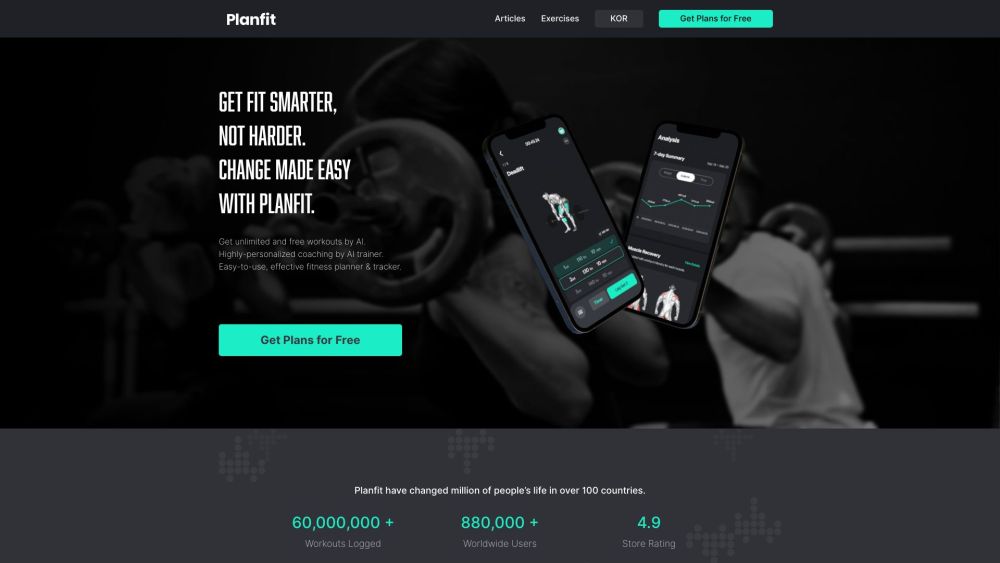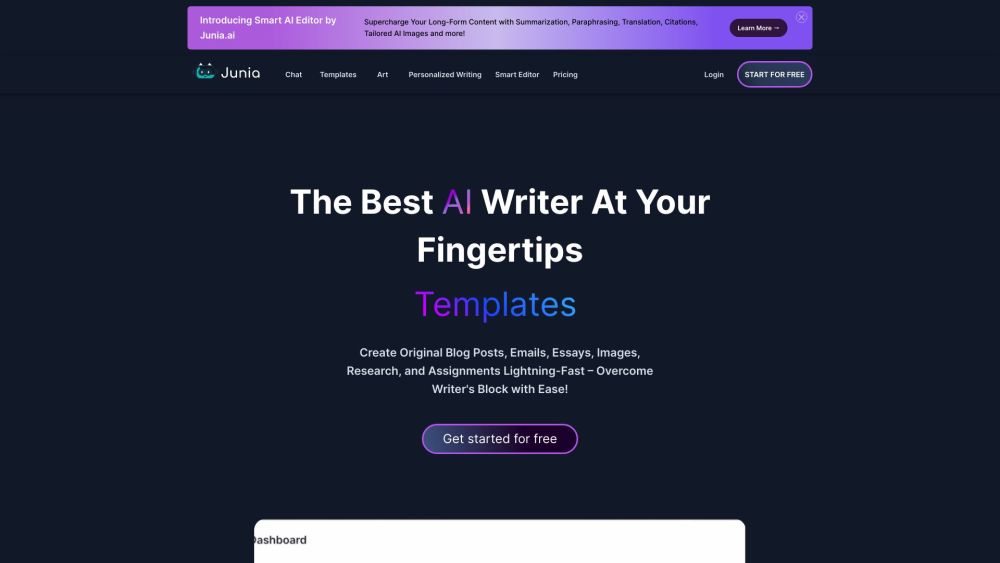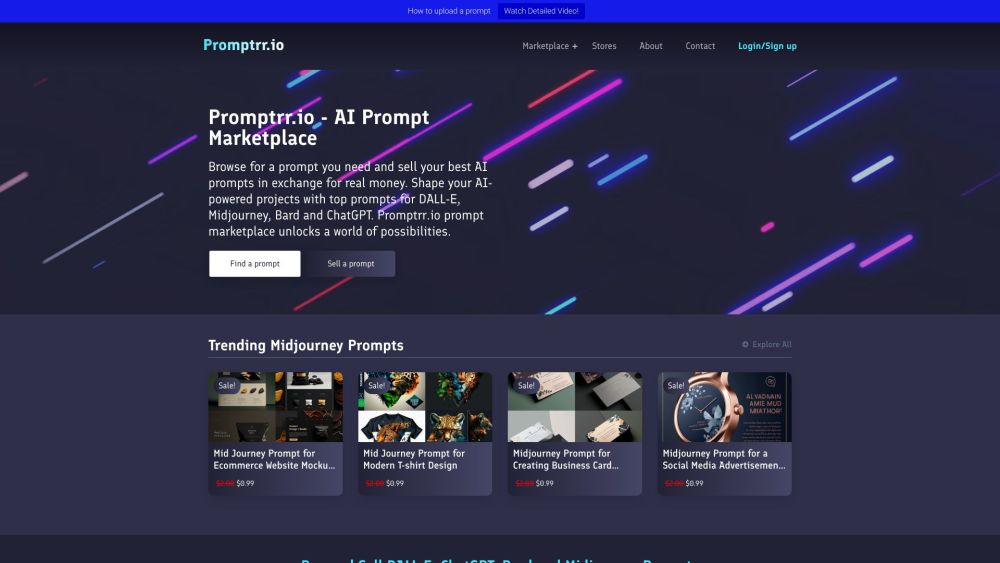An open letter released on Tuesday by more than a dozen current and former employees from OpenAI, Google's DeepMind, and Anthropic highlights the “serious risks” associated with the rapid development of artificial intelligence (AI) technology in the absence of an effective oversight framework. The researchers warn that unregulated AI could exacerbate existing inequalities, manipulate information, disseminate disinformation, and possibly result in the loss of control over autonomous AI systems, with dire consequences for humanity.
The signatories assert that these risks can be “adequately mitigated” through collaboration among the scientific community, legislators, and the public. However, they express concern that “AI companies have strong financial incentives to avoid effective oversight” and cannot be trusted to guide the responsible development of powerful technologies.
Since the launch of ChatGPT in November 2022, generative AI has rapidly transformed the tech landscape, with major cloud providers like Google Cloud, Amazon AWS, Oracle, and Microsoft Azure leading the charge in what is projected to be a trillion-dollar market by 2032. A recent McKinsey study revealed that as of March 2024, nearly 75% of surveyed organizations have integrated AI into their operations. Additionally, Microsoft's annual Work Index survey found that three-quarters of office workers already utilize AI tools in their jobs.
However, as Daniel Kokotajlo, a former OpenAI employee, pointed out in a conversation with The Washington Post, some companies have adopted a “move fast and break things” mentality, which is ill-suited for technology that is both powerful and poorly understood. AI startups such as OpenAI and Stable Diffusion have faced challenges with U.S. copyright laws, while various publicly accessible chatbots have been manipulated into generating hate speech, conspiracy theories, and misinformation.
The concerned AI employees argue that these companies hold “substantial non-public information” regarding their products’ capabilities and limitations, including the potential risks of harm and the effectiveness of their safety measures. They emphasize that only a fraction of this information is available to government entities through “weak obligations to share,” leaving the general public largely in the dark.
“With insufficient government oversight of these corporations, current and former employees represent one of the few avenues for holding them accountable to the public,” the group stated. They criticized the tech industry’s reliance on confidentiality agreements and the inadequate enforcement of existing whistleblower protections. The letter urges AI companies to eliminate non-disparagement agreements, establish an anonymous reporting process for employee concerns to be addressed by company leadership and regulators, and ensure that public whistleblowers are not subject to retaliation if internal channels fail.




